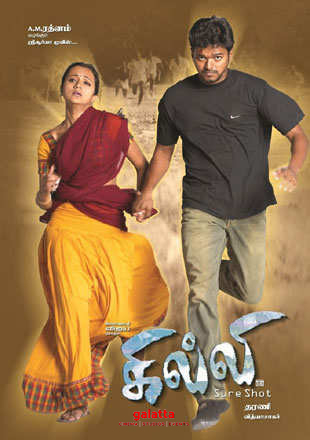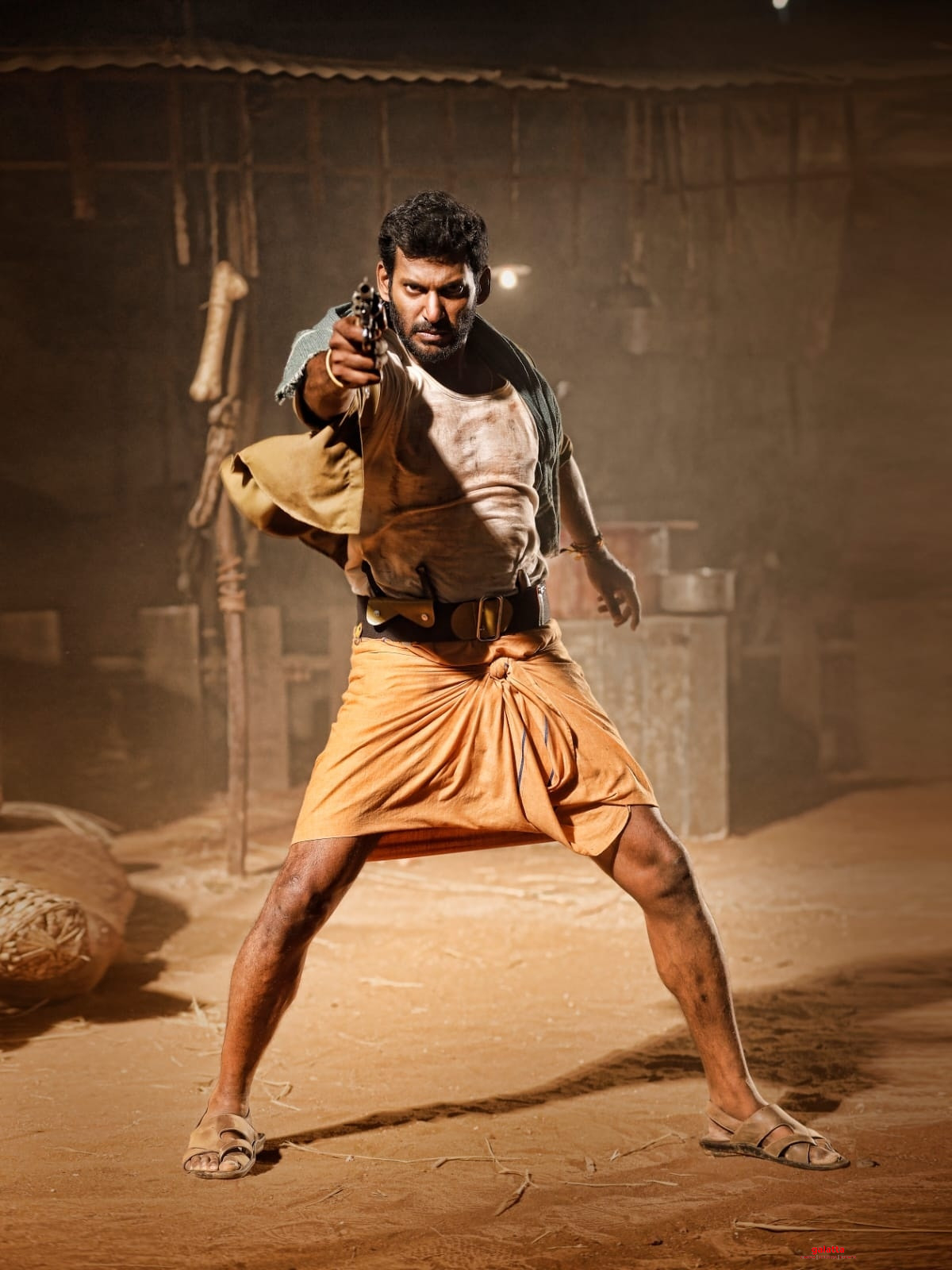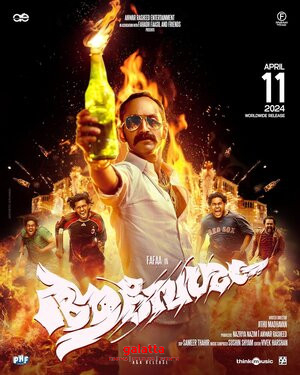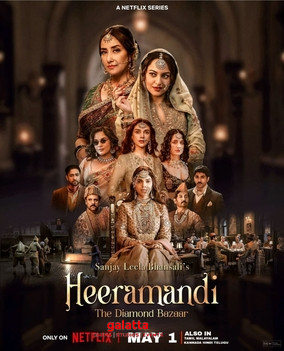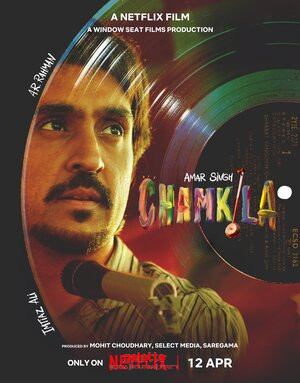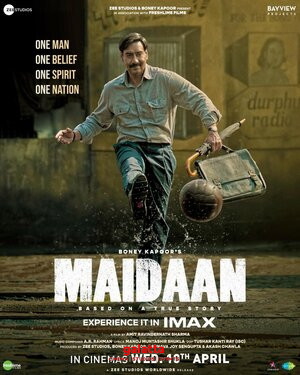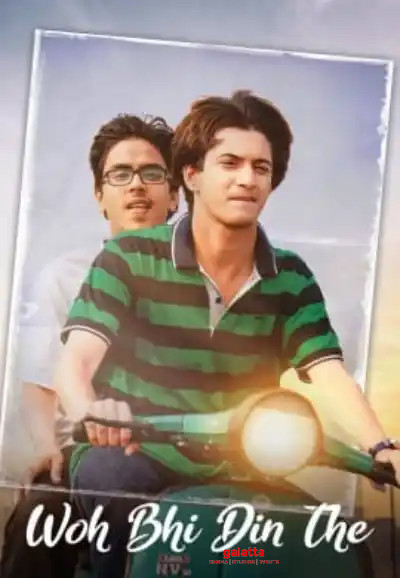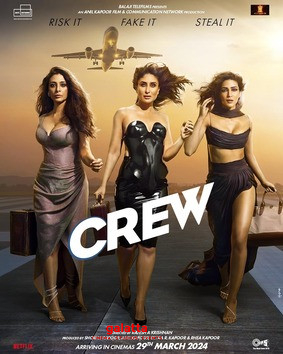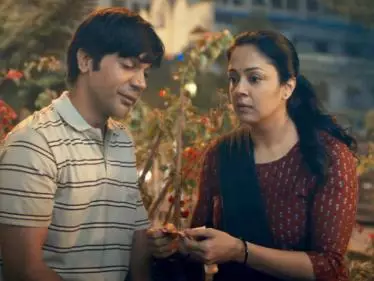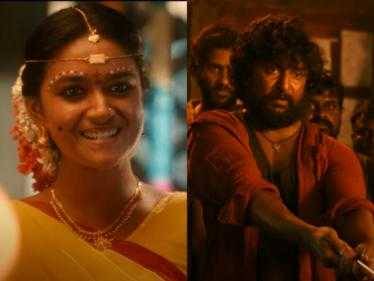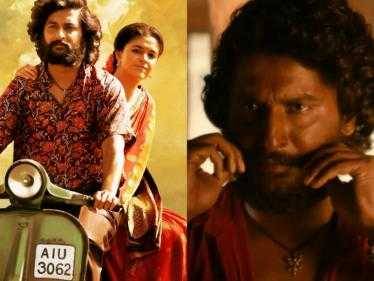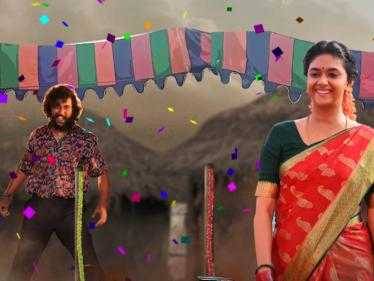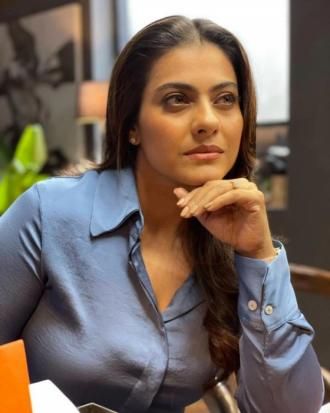Srikanth Movie Cast & Crew
In the early 1990s, a boy is born in a village in Andhra Pradesh. The child cannot see. The parents are poor, and the prospect of raising a visually impaired son is terrifying – and relatives and neighbours suggest some sort of mercy killing. The father takes the suggestion seriously, and when his wife protests, he utters one of the best lines of dialogue I have heard at the movies this year. “Abhi isse zyada pyaar nahin hai. Kam taqleef hoga.” Taken literally, he’s saying that it’s better we kill him before we get more attached to him. But consider, also, the desperation in that chilling line. Of course, the father changes his mind, otherwise we would not have this biopic of Srikanth Bolla. But we get another reminder of the difficulties that lie ahead, through the song “Papa kehte hain” from Qayamat Se Qayamat Tak. It’s this lyric: “Magar yeh to koi na jaane ke meri manzil hai kaahan!” No one knows what Srikanth’s destination is, what’s going to become of him.
This is a sturdy premise, filled with a series of struggles, but I think director Tushar Hiranandani wanted to give the audience a light, easy watch. A number of challenges are thrown at Srikanth. But he aces them almost magically. For instance, when in the US, he attempts playing baseball, and his very first shot is a home run. The fairy-tale feel is emphasised with a line of fairy godmothers who seem to have no lives of their own and exist only to help Srikanth. For instance, when we meet his teacher Devika (Jyotika), she is in a school for the visually impaired. Later, she becomes Srikanth’s shadow. We see her with him even when he becomes an industrialist and opens his own factory. Did she not care about the other visually impaired children in the school? Did she retire and make Srikanth her pet project? What is her personal life like? Is she happy that without Srikanth, she seems to have no purpose, no relationships, not even any friends?
If Devika teacher was indeed such a person, someone who devoted herself to the real-life Srikanth Bolla, we need that information in the movie. But the screenplay is content to stay at the surface level. The love interest Swathi (Alaya F) is equally vague. Her relationship with Srikanth seems very chaste. Forget sexual intimacy, they barely seem to hold hands. One minute, he is saying how convenient things are in the US for visually impaired people, unlike in India. The next instant, after a lecture from Swathi, he returns to India to become an inspiration for others like him. The way Srikanth gets an investor for his factory (Sharad Kelkar) is equally instantaneous, equally miraculous. And throughout, we get background music more appropriate for a circus or an amusement park. Surely there’s a difference between wanting your film to not get too dark versus making your film almost entirely like a sunlight vending machine!
The best parts of Srikanth are the ones that get close to this darkness. At one point, Srikanth is deemed unfit for higher studies because he cannot read books written for those who can see. He says that if it was the other way around – had the world’s books been written in Braille – then the others would be the ones unable to read. The moment is treated like a joke, but the point made hits hard. Elsewhere, he says, “Main bas padhna chahta hoon. System badalna mera kaam nahin hai.” You feel his frustration. He does not want to be a role model, a great man forever fighting the good fight on behalf of the visually impaired. He just wants to do what he wants to do. Rajkummar Rao captures this prickliness beautifully. He does all the external things, like raising his eyebrows or moving his mouth differently while speaking. But he also nails the internal aspects of the character, to the extent that the script will allow him.
In the final stretch, Srikanth’s achievements get to his head. People keep calling him a hero, a god, an inspiration – and this makes the man do certain things we don’t expect. Even in this portion, the characters come off like stick-figure caricatures: like, say, a politician. But it’s a relief to find Srikanth – at least – in an ethical and moral grey zone. Every filmmaker has the right to tell his story the way he wants to, sure – but the path he chooses must hit the audience hard. And only this last bit hits (somewhat) hard. The big speech Srikanth makes hits hard. The big emotions feel truly earned. We finally feel we are watching something close to the real Srikanth Bolla’s life. I don’t care if a biopic takes liberties, like axing some characters or adding new ones. The point is not exactness, but whether we get the essence of the person. And that, Srikanth manages only sporadically.


